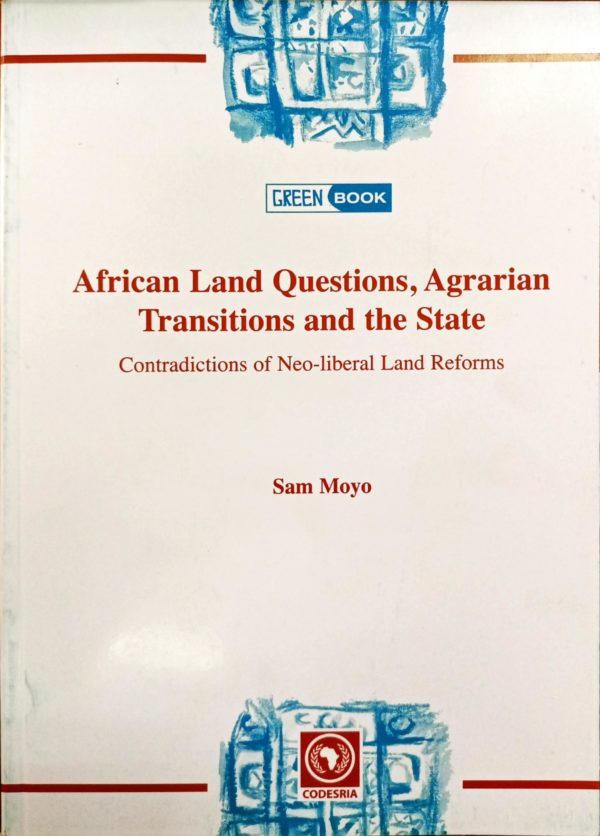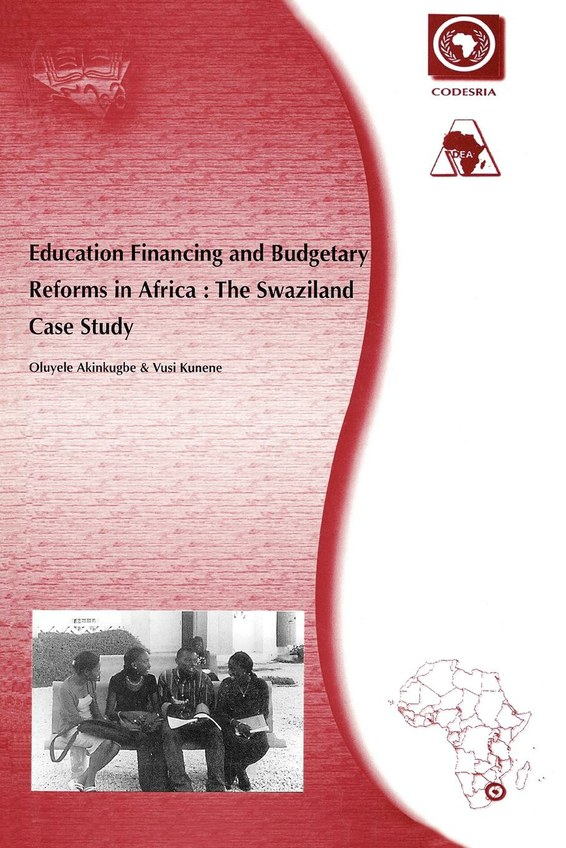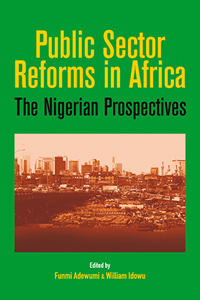African Land Questions, Agrarian Transition and the State, Contradictions of Neo-liberal Land Reforms (Printed)
African Land Questions, Agrarian Transition and the State, Contradictions of Neo-liberal Land Reforms (Printed)
This empirically grounded study provides a critical reflection on the land question in Africa, research on which tends to be tangential, conceptually loose and generally inadequate. It argues that the most pressing research concern must be to understand the precise nature of the African land question, its land reforms and their effects on development. To unravel the roots of land conflicts in Africa requires thorough understanding of the complex social and political contradictions which have ensued from colonial and post-colonial land policies, as well as from Africa’s ‘development’ and capital accumulation trajectories, especially with regard to the land rights of the continent’s poor. The study thus questions the capacity of emerging neo-liberal economic and political regimes in Africa to deliver land reforms which address growing inequality and poverty. It equally questions the understanding of the nature of popular demands for land reforms by African states, and their ability to address these demands under the current global political and economic structures dictated by neo-liberalism and its narrow regime of ownership. The study invites scholars and policy makers to creatively draw on the specific historical trajectories and contemporary expression of the land and agrarian questions in Africa, to enrich both theory and practice on land in Africa.
EDUCATION FINANCING AND BUDGETARY REFORMS IN AFRICA – The Swaziland Case Study (Printed)
EDUCATION FINANCING AND BUDGETARY REFORMS IN AFRICA – The Swaziland Case Study (Printed)
This book sets out the Swaziland educational model and policies, and in the context of the management of the national economy. It shows that the proportion of the annual government budget devoted to education in Swaziland ranks amoungst the highest in Africa and many of the goals set at the world summit for children in 1990 are being achieved. There is universal access of primary education, gender equality of access across almost all levels of education. The study also shows however that less positively, the system is increasingly under financial pressure particularly to fund the growing demand for higher education, comparatively very expensive. The co-authors advocate comprehensive budgetary and financial reforms drawing up a model in line with current policy directions to increase funding for tertiary education, and so release more funds for improving quality at lower levels.
Higher Education in Africa:Crises, Reforms and Transformation/ Enseignement supérieur en afrique francophone: crises, reformes et transformations (Printed)
Higher Education in Africa:Crises, Reforms and Transformation/ Enseignement supérieur en afrique francophone: crises, reformes et transformations (Printed)
This book provides theoretical tools for analysing contemporary African higher education systems and institutions. It also examines policy challenges and the prospects for social progress. It points to critical areas of investigation for the CODESRIA Multinational Working Group (MWG) research network on higher education. Conceived as a background text for this network, the book traces the historical roots and the global factors of the African higher education crises and the search for transformation to address issues of legitimacy and relevance. It analyses the origins, nature, and mission of African higher education, the problems associated with cultural colonization and the dependency trap, the local/global nexus in the crises with a special attention to the structural adjustment programmes (SAPs), and the various waves of reforms and innovations. Furthermore, the book presents a synopsis of studies that were conducted on the crises, highlighting both their findings and recommendations.
Education Financing & Budgetary Reforms in Africa : The Swaziland Case (Printed)
Education Financing & Budgetary Reforms in Africa : The Swaziland Case ( Printed)
This book sets out the Swaziland educational model and policies, and in the context of the management of the national economy. It shows that the proportion of the annual government budget devoted to education in Swaziland ranks amoungst the highest in Africa and many of the goals set at the world summit for children in 1990 are being achieved. There is universal access of primary education, gender equality of access across almost all levels of education. The study also shows however that less positively, the system is increasingly under financial pressure particularly to fund the growing demand for higher education, comparatively very expensive. The co-authors advocate comprehensive budgetary and financial reforms drawing up a model in line with current policy directions to increase funding for tertiary education, and so release more funds for improving quality at lower levels.





